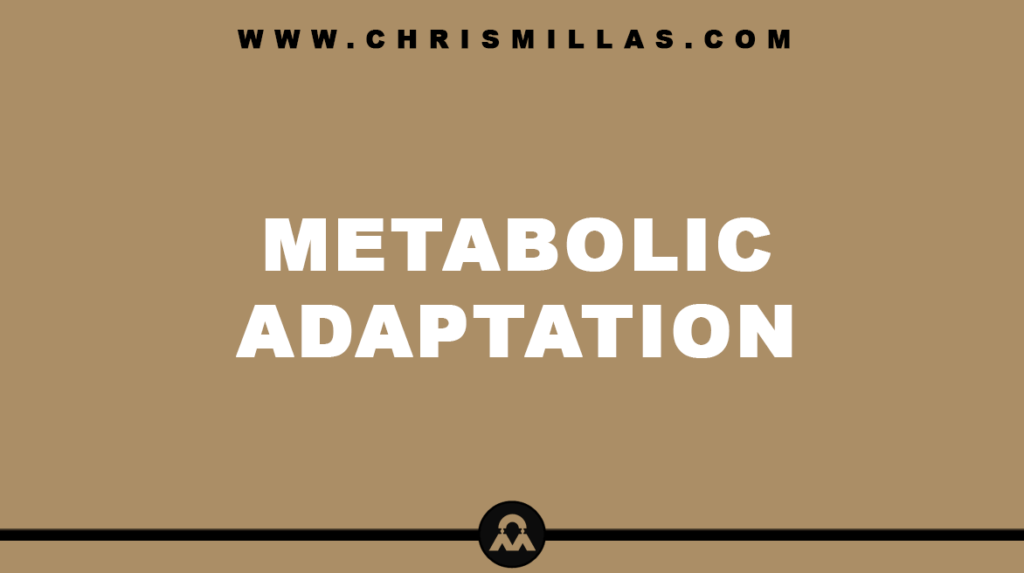In this post, we’ll unpack all you need to know about Ghee according to Ayurveda, defining exactly what it is, how Ayurveda views it, its power, its characteristics, its benefits and more.
What Is Ghee?
Ghee is a form of clarified butter that is created through the process of heating butter in order to separate the liquid and milk solid portions from the fat. In short, Ghee is butter minus milk solids.
The clarification process strips away the parts of butter that are the most difficult to digest, including lactose, casein, whey proteins and trace minerals.
The Ayurvedic View
The Sanskrit word for Ghee is Ghritam, which stems from the root ghr which means “to shine.”
Indeed, Ayurveda considers it to be the ultimate superfood and recognises it as an essential part of a healthy diet. In fact, Ayurveda states that it is the best fat one can consume.
It’s important to note that people who are either overweight or have high cholesterol should be cautious in using Ghee. Additionally, it should be avoided when there is a large accumulation of Ama in the body.
The Power Of Ghee
Firstly, Ghee is classed as a Yogavahi — a catalytic agent that carries the medicinal properties of herbs into the seven Dhatus (tissues) of the body. It can be combined with almost any food when cooking and is ideal for balancing the mind and body.
In addition, it has a smoking point of 252 degrees Celsius. Therefore, it can be heated to high temperatures without burning or being broken down and forming free radicals.
Ghee contains the full spectrum of short, medium and long chain fatty acids, both unsaturated and saturated, including Omega 3, Omega 6 and Omega 9, as well as vitamins A, D, E and K. It has been shown to reduce Low Density Lipoprotein (LDL) cholesterol.
Furthermore, it decreases the glycemic index (the rate at which blood sugar from carbs are released into your blood stream) of foods.
The Characteristics
Below is a table summarising the characteristics of Ghee based on Ayurvedic literature.
| Rasa | Sweet |
| Virya | Cooling |
| Vipaka | Sweet |
| Qualities | Light & Sutble |
| Prapab | Strengthens Agni |
| Doshas | Tri-doshic |
| Mind | Sattvic |
The Benefits Of Ghee
Ghee provides a wealth of benefits that optimise one’s overall health and well-being. According to Ayurveda, it:
- Balances the mind and body.
- Decreases risk of cancer.
- Dissolves Ama (toxins) in the body.
- Heals internal and external wounds.
- Improves absorption and assimilation of food.
- Improves memory.
- Improves skin.
- Increases strength.
- Lubricates connective tissues.
- Nourishes Ojas, Tejas and Prana.
- Reduces inflammation.
- Slows down ageing.
- Strengthens digestion.
- Strengthens the immune system.
- Supports eye health.
How Much Should You Consume?
Ayurveda advocates balance. Therefore, it is recommended to consume roughly half a teaspoon of Ghee per meal and a maximum of one-and-a-half teaspoons per day.
Summary
Ghee is butter that has gone through a clarification process in order to remove its impurities.
Due to its plethora of beneficial qualities, Ayurveda considers it to be the ultimate superfood and as such one can make it a staple part of their diet.







